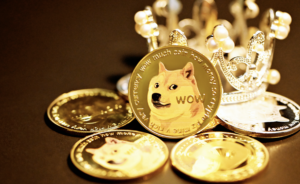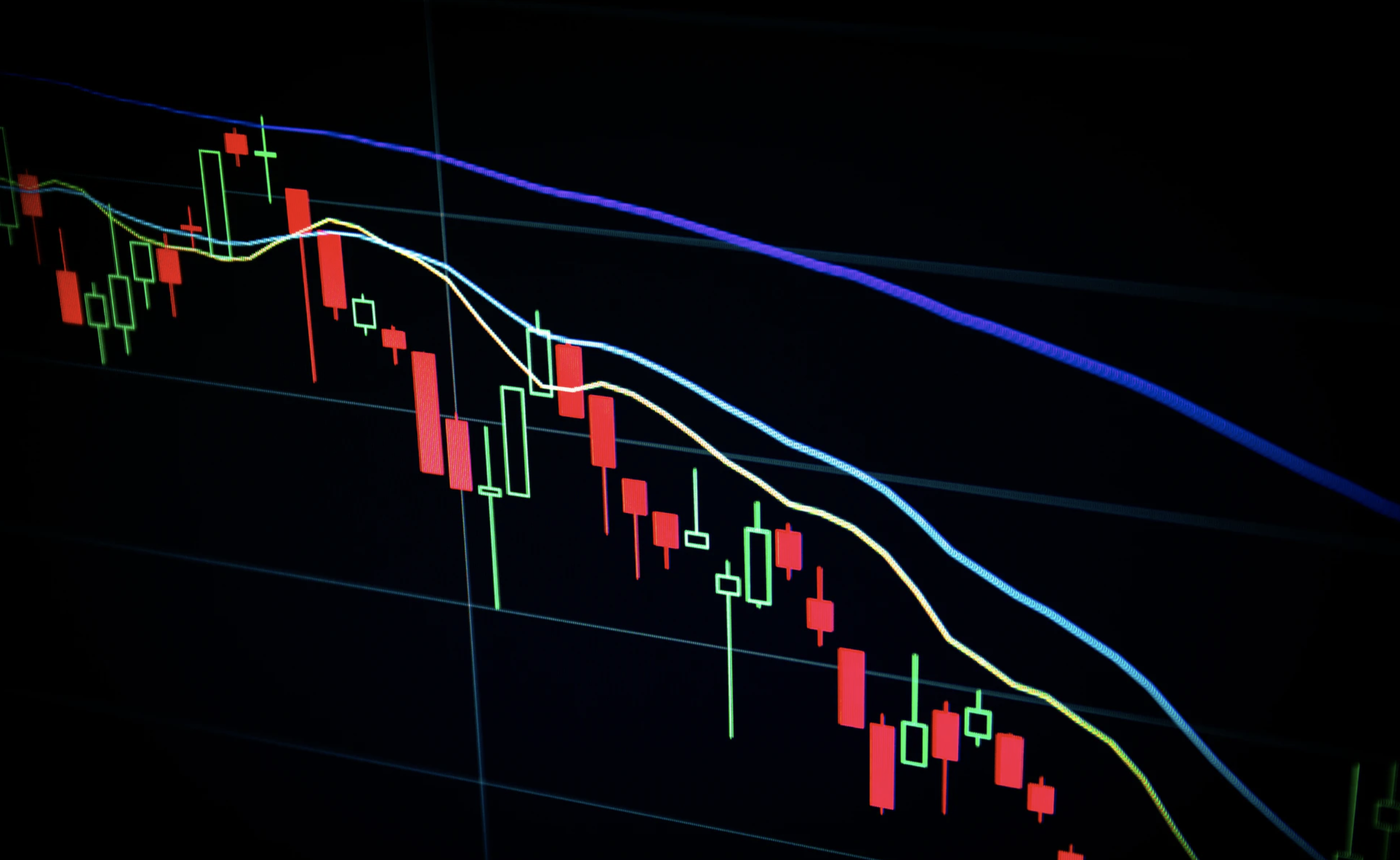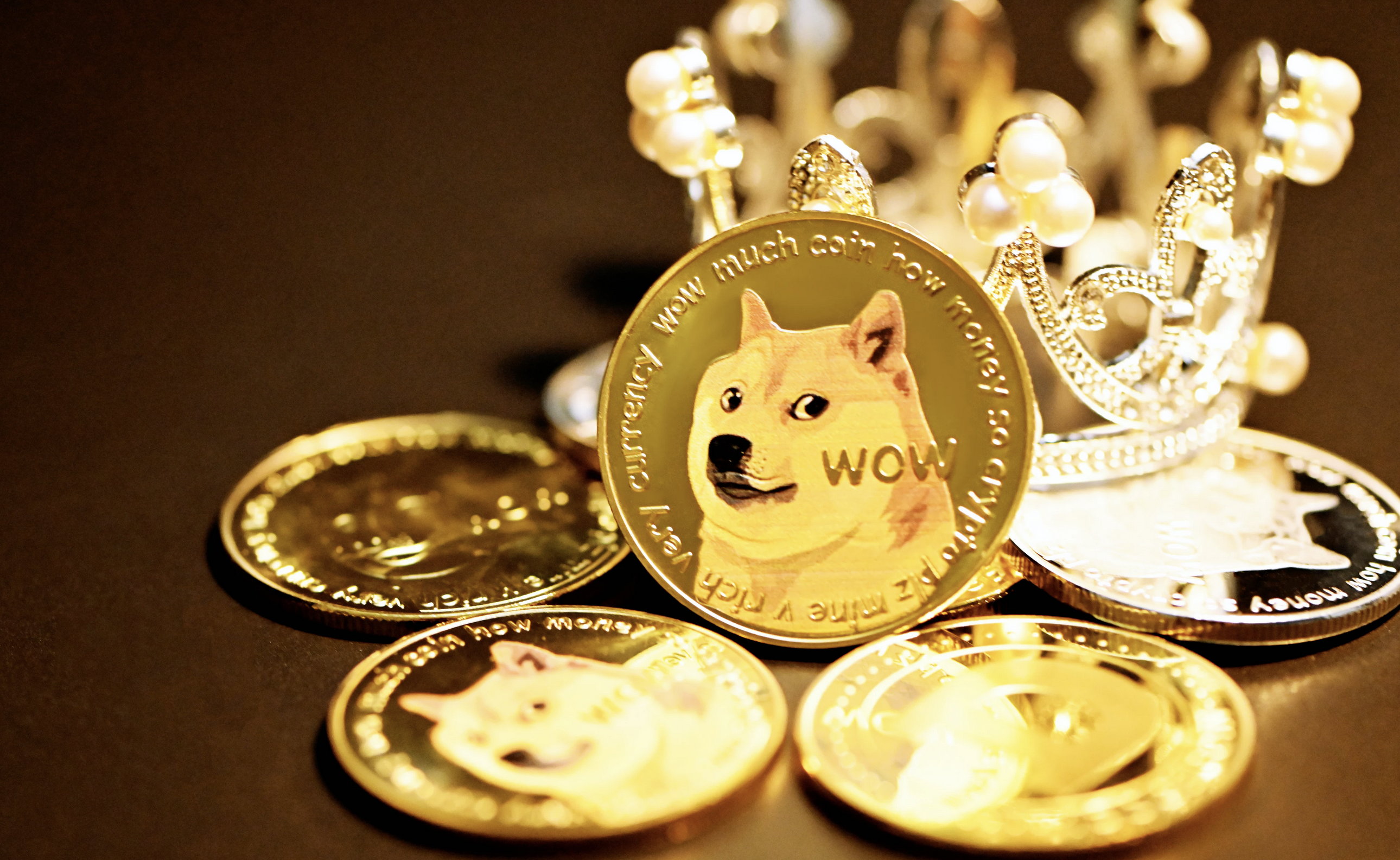
Emerging Blockchain & Crypto Trends 2021
Here we take a look at some of the dominant trends that are set to shake up the blockchain and crypto space as we march through 2021 and on into the next decade.
Novelty Coins
With the unstoppable rise of Dogecoin and endless off-shoots, the novelty coin trend is not likely to go away any time soon, even if the initial excitement and impetus that drove the hype is tipped to cool off as blockchain uptake becomes more widespread.

Ecological & Low Energy Crypto
Perhaps the most crucial step crypto currencies need to take in order to continue to grow is in reducing their ecological footprint. With news of Bitcoin mining consuming more energy than the country of Argentina, this is seen to be the major stumbling block in the growth of crypto. Low energy alternatives like Cardano are already attracting wider investment thanks to their small carbon footprint, and innovative new coins like Solarcoin, that generates value in relation to solar energy production, could pave the way to greening the industry.
Micro Crypto-currencies
Micro-cryptocurrencies refer to specialized coins with small market caps and specific uses. There are many entertainment and product sectors that could benefit from a more widespread implementation of these coins. For example, online casino platforms offer a variety of online versions of traditional table games like roulette and blackjack. Micro-cryptocurrencies would be a good fit for the monetization processes inherent in this medium, and could work like a digital equivalent of physical casino chips. Elsewhere, micro-cryptocurrencies could be employed by video games, such as Call of Duty, as a means to lock a player’s funds within the microtransaction stores of an individual game or franchise, similar to the way gift cards operate.

Non Fungible Tokens
Of all the emergent trends to catch headlines outside the insular world of the blockchain community, NFTs are the most prominent. Undoubtedly this is due to the fact that many artists, creators and personalities in the public eye are vigorously exploring the latent potential in this phenomenon. For some, it is simply the latest disruptive tech trend to play with, best epitomized by Elon Musk’s series of novelty electronic dance tracks and comical gifs put up for auction as non-fungible tokens. But in other sectors, artists are testing the technology to arrive at an understanding as to whether this is merely a passing fad, or a new paradigm for monetizing digital products.
Disruptive Innovation
As distinct from a physical object, like a CD, an Mp3 can be endlessly copied and shared without regulation resulting in diminishing financial returns for the music industry, and musicians alike. Various new monetization strategies have been explored over the past 20 years, from pay-as-you-feel album releases on artist owned platforms like Bandcamp and Soundcloud, to the runaway success of streaming services like Spotify and YouTube Music. To date, no solution has been altogether satisfactory or successful, with frontrunner Spotify only paying royalties to the sum of $0.004 for every song played. It is into this climate that NFTs have emerged with the potential promise of generating unique, and thus valuable, digital copies of albums that could see artists recoup the value they deserve for their creative output.
A new industry?
Already musicians and bands as diverse as Kings of Leon, Grimes and Gorillaz have been testing the water in releasing NFT-only albums with special perks like access to front-row concert tickets, thus revitalizing an ailing industry. Other media have also benefited from the rise of the NFT. Digital artist Beeple has become, overnight, one of the most financially successful artists in the world when he sold his entire collection of one-a-day artworks as an NFT for $69 million making him the third richest living artist. It is still too early to see whether, and in what ways, NFTs will become more commonplace, and we can expect such adoption to track to the wider acceptance of crypto-currencies by financial bodies.